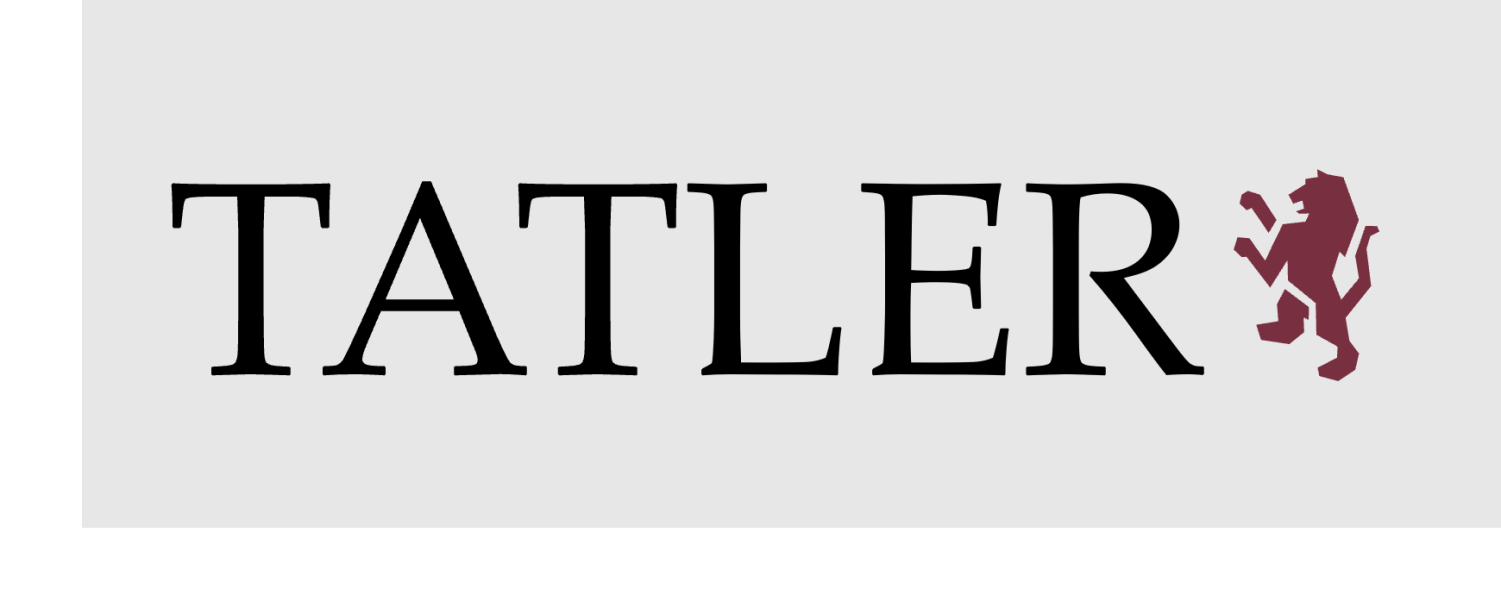Let it Zoom By
All of a sudden, Zoom is everywhere and everything, as much a part of the covidian landscape as endless calls for toilehttps://tatler.lakesideschool.org/1284/opinion/1284/t paper stimulus packages. There’s no two ways about it: Zoom has risen as an emblem of our estranged times, swept up in a perfect storm of unprecedented global cohesion and clever preconditional marketing. All of my classes are on Zoom, and they have been for a number of weeks. My father is “Zooming” more often than I am. It is even my understanding that most student-teacher functions are conducted via Zoom (and I would assume teacher-teacher functions to be much the same). Much like every educational institution in the world, or so it would seem, Lakeside has taken up the banner of Zoom and flown it proudly, flagwavers all a few meters apart (just to be safe).
All of a sudden, Zoom is everywhere and everything, except this time it is the subject of a cavalcade of new scandals, fresh off the press, some of them so closely related as to form a sort of mega-issue. At the very least, one Zoom shareholder has publicly sued the company for false advertising as to the (decidedly non-e2e) encryption of video calls; Mac clients have installed covert webservers which allow Zoom to potentially rifle through users’ systems, with about zero oversight of the capability; a wave of governmental, civilian, and educational offices are banning usage of Zoom for a litany of security reasons; the Zoom application itself can tell when you’re not on a call window and then alerts the owner of the call — which would be less creepy if the developers hadn’t shelved the browser version; up until recently, Zoom exploited a Facebook SDK (software development kit) to send data to the Zucc; the list goes on. A query of “Zoom fiasco” on your search engine of choice will net dozens of different “fiascos”. I’m sorry to run such a long and troubled list so abruptly, but it’s important not to mince words: Zoom is not a private, secure, or even trustworthy platform. Information sharing, regardless of the importance of said information, would be better suited for email, even, than Zoom.
And yet, with students no longer attending classes on campus, suddenly a substandard tool is the du jour. Where before, teachers and students might be able to converse in private and without fear of surveillance, where the physical protection of privacy could be upheld behind closed doors, now there is nothing but a piece of software, which has been outed what seems to be one million times as being insecure. And we expect it to pick up the slack. Worse still, we expect it to provide such affordances as privacy and confidentiality up to the Lakeside standard. Are we not an elite school, attended by the best and the brightest? Why then do we set the bar so low that a repeat offender is the best we can offer our students?
I don’t wish to be the type of person who outlines a problem and then refuses to provide a solution. I also don’t want to fearmonger, or extrapolate the dangers of the situation. Using Zoom will likely not “open up” anything which cannot be closed with sufficient prejudice. Adhering to standards lower than the norm during exceptional times is the mark of something durable. But I think that there are lines which should not be crossed, no matter the inconvenience, and no matter the circumstances. Trust me, when I first started thinking about the issue (as something of a privacy nut myself), I was largely on board with the idea that “Zoom is the best there is”, despite its many flaws. And then within minutes I had alternatives, the most workable of which is called Jitsi Meet, and is about as private as one can be. It’s all encrypted, fully open source, offers unlimited call times (which is better than Zoom!), lets users call without an account, and so forth. I don’t mean to sound like a talking advertisement. It’s just that even Jitsi’s press record is a thousand times cleaner than Zoom’s, and it’s sad the lack of attention the former is getting. And it’s because of schools like us.
I don’t mean to indict Lakeside as acting maliciously, or not caring about privacy, security, etc., or even to out the school as acting irrationally. Just as with everything else, I assume the decision to use Zoom for affairs going forward was made after only the utmost deliberation, and with full understanding of the implications thereof. But the time has long since past when the tables turned, and Zoom was exposed as nothing more than the opportunistic cash grab it is. Insult aside, doesn’t supporting alternatives work with the spirit of Lakeside’s re-envisioning? Teaching us pupils how to learn, immersing us in community — and then outsourcing our agency to whomever is pushing Zoom the most, who may be a foreign government, for all anyone seems to know. That’s not the kind of community I’d like to be a part of. I would hope that, going forward, we let things Zoom by; at the very least, I would appreciate some discretion, especially in such dire times.


